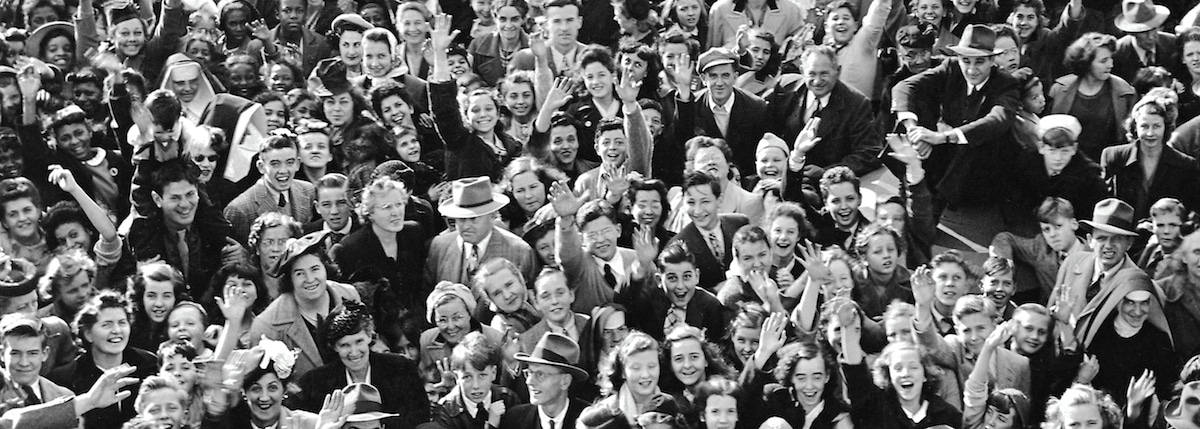Isn’t it amazing what people who don’t have hearing loss can do? My friend Myrtle says that hearing people always do what they do best – they hear.
They can understand the words in songs with so much background instrumentals that we, people with hearing loss, can’t even tell that someone is singing.
When a bird calls out from up there somewhere in the trees – hearing people immediately look to the exact tree that the bird is in! And not only that, many can tell you what kind of bird it is from its birdsong. “Listen to that belted kingfisher!” one of them will exclaim. “No, that’s a downy woodpecker,” says the other. “The belted kingfisher has a raspier quality.”
Raspier! They can hear raspier! These hearing people just blow me with their talent – I’m always in awe. “You can hear THAT?” I ask them.
And what about this: hearing people can hear while they sleep. Studies show that the brain continues to decode sounds in certain stages of sleep, although sensory stimuli — sound, temperature, touch, even pain – become less effective in rousing people the deeper they drop into sleep. However, if you have a relatively pristine sense of hearing, you are more likely to wake up to noises than someone like me, for example, who is deaf when asleep (or awake, to be honest). To wake me up, you have to touch or shake me, or turn the lights on. I suppose I’d also respond quickly if someone held stinky blue cheese, which I detest, under my nose.
The Hearing Husband likes to show off his stellar hearing. He can hear a creature moving about in the brush. He can understand what someone with a soft voice is saying some ways off. I don’t begrudge him his good hearing, because I often depend on his useful skill, although I admit to moments of envy. He can use earbuds on a plane to watch movies, while I’ve had to watch movies, subtitled and silent. with no sound. (On my next flight, though, I’m going to try my MiniMic2 to stream sound to my hearing aid and cochlear implant sound processor.)
Hearing people also have the annoying ability to hear small objects hit the ground – things like gloves, and eyeglasses that I lose with alarming regularity. With my cochlear implant, keys hitting the ground are now hear-able and even the sound of the plastic lenses of my glasses are picked up in my sound processor. But gloves – forget it. Their sound, I presume, is so soft as to be barely heard even by super-hearers like my husband and son.
Those small envy moments aside, I no longer waste time mourning for my sense of hearing, which came into this world with me already on the decline. As the cliché goes: it is what it is. Also: nobody’s perfect. And I’m doing everything I can to hear as well as I can. I thank the gods for providing solutions such as technology and hearing people – and I thank myself for not feeling any shame in taking advantage of either of them.







